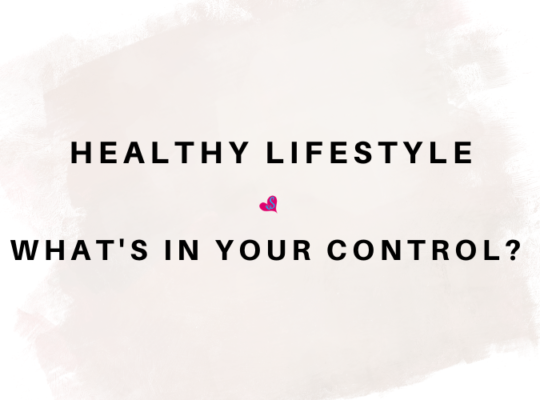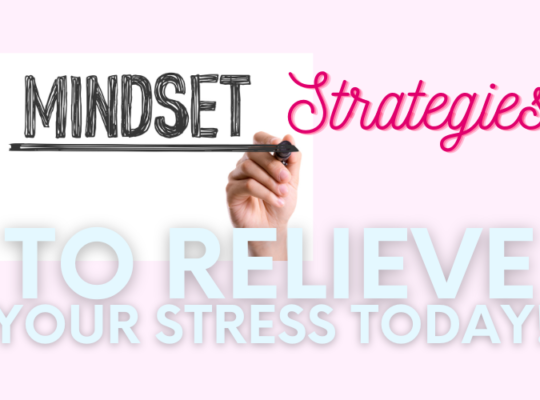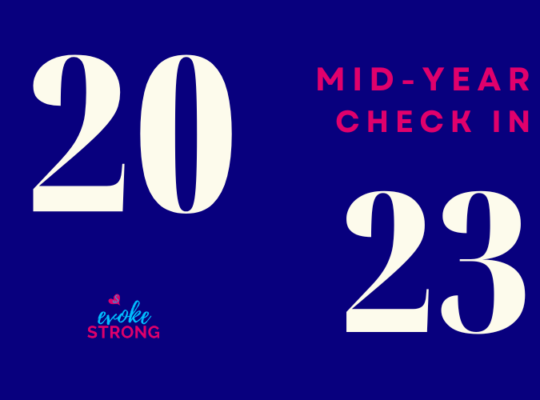What are your thoughts on setting wellness goals? Are you the type of person who has a weekly plan? Or just a broad idea on what you’d like to do and see if it somehow fits your schedule. What if you created a plan but can’t get yourself to act on it?
If you want to start making changes in your lifestyle, your goals will direct your focus and attention to what you’d like to achieve. Goals give you the confidence week by week, month by month as you experience progress. Once you see progress, you start to hold yourself more accountable to the goals you set.
Sounds easy right?! Kind of. From experience, I know even when we write down our goals, it’s not a guarantee it’s going to get done. However, I’d like to ask you to consider these three steps and see what happens.
-
Make your goals SMART
-
Make your goals SMALL
-
Treat your goals as EXPERIMENTS

1. Make your goals SMART
Notice A is “Action-Based”, not “Attainable” or “Achievable” as it has been generally defined. Action-based means we’re identifying a behavior to move us in the direction of our ideal best self. I’ve shared before the importance of having a Wellness Vision – it’s the foundation, the starting point of your wellness journey.
So think of a behavior you would like to be consistently doing. Do a brain dump – write as many healthy behaviors that’s been on your mind lately. Daily walks? Attending a group strength class? Eating a serving of vegetables with every meal? Meditation? Journaling?
Then pick the top 3 you want to focus on in the next three months. I learned three months is a short period of time to feel the urgency to achieve these goals yet still long enough to establish new behaviors.
2. Make your goals SMALL
Don’t set yourself up for failure with goals that are out of reach. Therefore, start SMALL! What would be the next small step you can try this week?
-What/When/How long?
Being able to take small steps goes a long way when building your confidence! Once you master one small behavior, you can take it a bit further to increase the challenge but at the same still making it realistic.
Further breaking down the yoga goal to a small step, I decided to start with 1 session/week for 30 minutes. I scheduled it on a Sunday early morning while my family was still asleep.
Here’s the goal I wrote down: I will practice yoga at home with a YouTube video on Sunday 6am for 30 minutes.
Notice the specific details of this goal. You should be able to imagine yourself doing the activity as written.
3. Treat your goals as EXPERIMENTS
Don’t be discouraged when things don’t go as planned. It doesn’t help when you let self-defeating thoughts hinder your progress. Rather look at your goals as learning experiments.
Let’s say, instead of waking up at 6am, I snoozed and slept for another hour. By that time, my family was awake and ready to start the day. What did I learn from this experience? That I stayed up too late watching a movie the night before and too tired to get up. I needed the extra sleep. What about my goal to practice yoga? I can either reschedule it to another day or find time in the afternoon to do it.
As you can see, with this approach, you consider the challenges that might hinder your progress and prepare with a plan B. It’s a continuous learning process where none of the goals are set in stone and you can make adjustments along the way. There are many paths you can take to achieve your wellness goals and it takes experimentation to determine which one works for you best.
If you’re struggling with your wellness goals, take a close look at how you set goals and remember to follow these 3 simple steps:
SMART Goals
SMALL Steps
EXPERIMENT!
Do you have other strategies that help you follow through with your wellness goals?









I like the idea of SMART goals. This is a great way to think about goal setting!
I found it very helpful with setting goals for myself and for my clients as well, particularly being as specific as possible.
I think this is great advice for just about anyone. Small, attainable goals are the best way to succeed in just about anything.
I agree – taking small steps forward equates to remarkable results.
great post! I can definietly use these tips as I’m just trying to get back into the swing of things. I find that things work out much better for me when I set small goals (weekly) rather than big hairy goals that I just don’t know how to achieve in the broad scope of things.
Thanks Renee, good to hear these are useful tips to help you achieve your goals.
Treat your goals as experiments are most helpful. I’ve tried SMART goals in the past. It did not work that much for me. Treated them as experiments without expectations and I was more successful. Not most of the time I don’t set goals, I try to create small sustainable habits. That works for me better. Great post though…Very clearly explained.
You’re right about what works for one person may not work for another. And sounds like you’ve discovered the strategies that work for you best.
I always try to make SMART goals – for me it’s the best way to ensure that I make goals that are actionable and achievable.
SMART goals are awesome! I used to have a problem with making too many unrealistic ones, but I got a lot better at knocking out my goals after I finally started following that!
I set mini fitness goals every week and I find them very helpful and motivating.